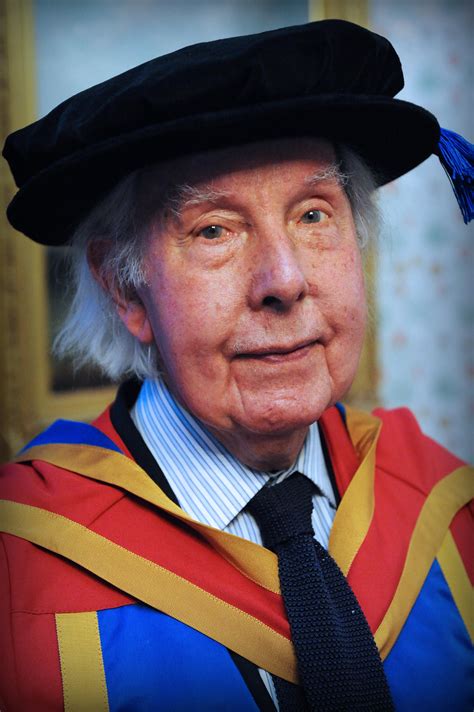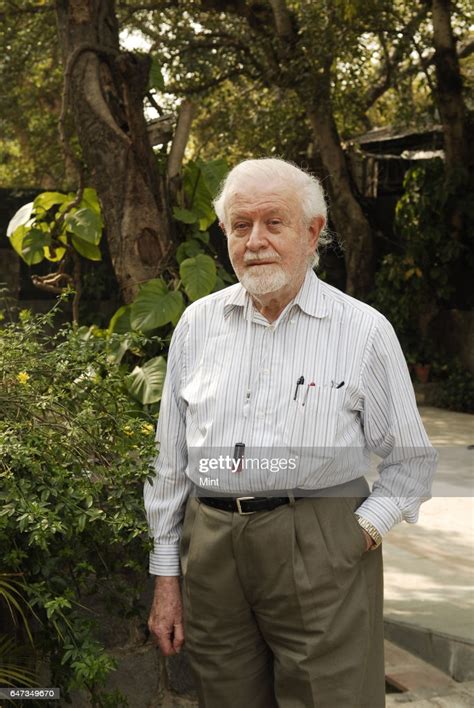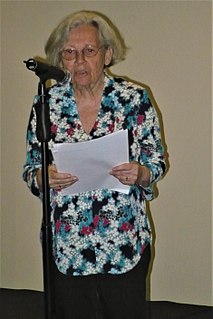A Quote by Ronald Blythe
The ordinariness of living to be old is too novel a thing to appreciate.
Quote Topics
Related Quotes
Imagination can't create anything new, can it? It only recycles bits and pieces from the world and reassembles them into visions... So when we thing we've escaped the unbearable ordinariness and, well, untruthfulness of our lives, it's really only the same old ordinariness and falseness rearranged into the appearance of novelty and truth. Nothing unknown is knowable.
The Lusitania is important, of course, because this is where Germany began its maritime campaign using this brand-new weapon. We have to appreciate how the submarine, as a weapon against civilian shipping, was a particularly novel thing - so novel that many people at the time dismissed its potential power, its potential relevance.
It's disingenous for me to say that I wasn't trying to write a moral novel. By its very nature as a novel about the Iraq War, Fobbit steps into the political conversation. There's no way to avoid that. I can appreciate that readers are probably going to line up on one side of the novel or the other. I hope they go to those polar extremes, actually.
Long distance hiking is not a vacation, it's too long for that. It's not recreation, too much toil and pain involved. It is, we decide, a way of life, a very simplified Spartan way of living ... life on the move ... heavy packs, sweating brow; they make you appreciate warm sunshine, companionship, cool water. The best way to appreciate these things that are precious and important in life it is take them away.
You can't have a novel without real, believable people, and once you get into either too theoretical a novel or too philosophical a novel, you get into the dangers that the French novel has discovered in the past 50 or 60 years. And you get into a sort of aridity. No, you have to have real, identifiable people to whom the reader reacts in a way as if they were real people.
What we grieve for is not the loss of a grand vision, but rather the loss of common things, events and gestures.... ordinariness is the most precious thing we struggle for, what the Jews of the Warsaw Ghetto fought for. Not noble causes or abstract theories. But the right to go on living with a sense of purpose and a sense of self-worth--an ordinary life.
Madly, futilely, I wrote novel after novel, eight in all, that failed to find a publisher. I persisted because for me the novel was the supreme literary form: not just one among many, not a relic of the past, but the way we communicate to one another the subtlest truths about this business of living.
Madly, futilely, I wrote novel after novel, eight in all, that failed to find a publisher. I persisted because for me the novel was the supreme literary form - not just one among many, not a relic of the past, but the way we communicate to one another the subtlest truths about this business of living.
In general, I think every novel is a political novel, in that every novel is an argument about how the world works, who has power, who has a voice, what we should care about. But political novels can be boringly polemical if they end up being too black and white, too one dimensional, like war is bad, killing people is wrong.





































